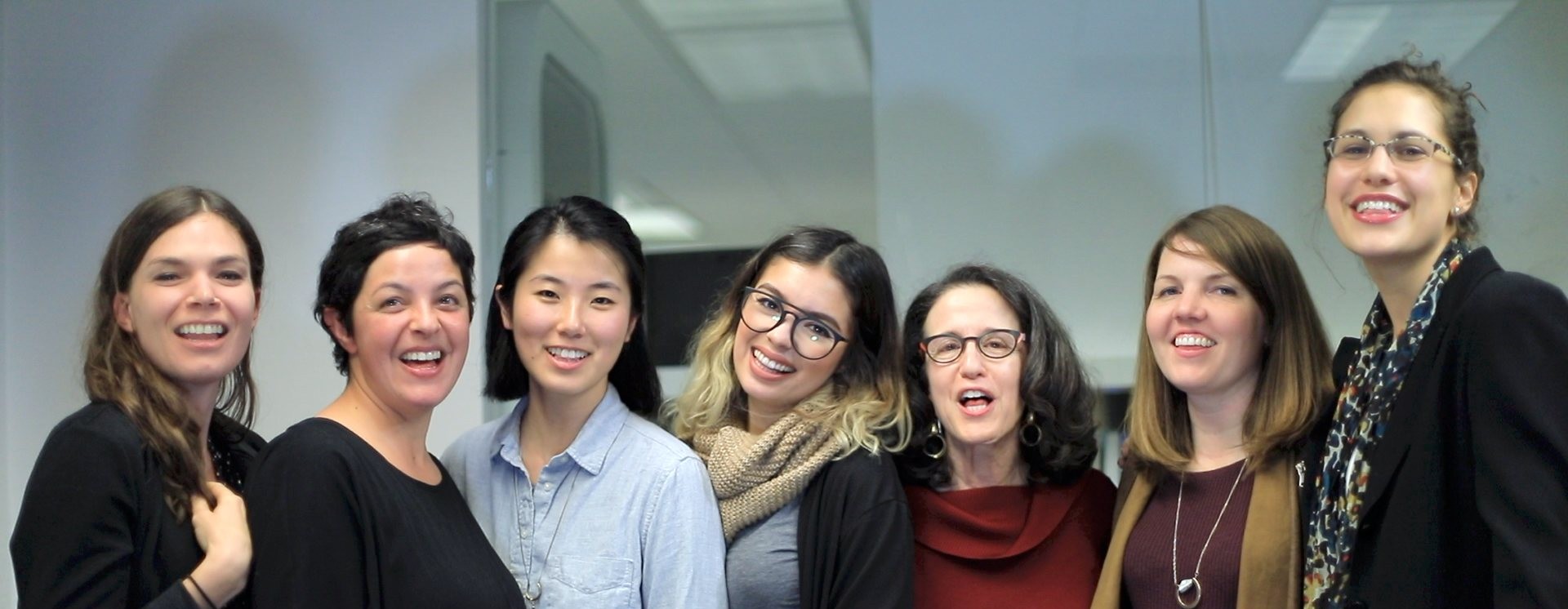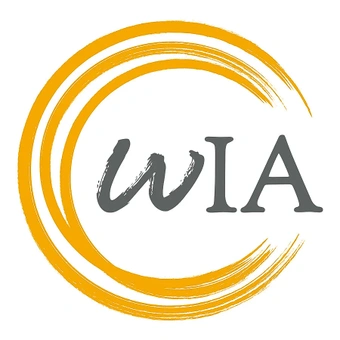GHS/Mpox Diagnostics Senior Technical Officer

FHI 360
Overview:
GHS/Mpox Diagnostics Senior Officer will support the diagnostics systems capacity building work for the USAID EpiC project GHS/Mpox scope that serves the Global Health Security Agenda, TB programs and other related initiatives. EpiC GHS/Mpox supports select governments and their relevant ministries in the strengthening of their human and animal health diagnostic systems for infectious diseases, TB and antimicrobial resistance (AMR). The work will focus primarily on public health systems but may also include private health and other non-governmental diagnostic facilities (laboratories and point-of-care facilities). The position will be based in the FHI 360 Country Office in Bujumbura, Burundi, and will involve frequent travels to regions, provinces, and districts. Technical responsibilities include working with the Regional Diagnostics & AMR/AMU Advisor, and USAID to implement agreed strategies to enhance diagnostic networks in project implementing provinces as well as the broader surveillance systems.
Technical Responsibilities: GHS/Mpox Diagnostics Senior Officer provides technical support to the design, implementation and monitoring of technical strategies to strengthen diagnostic networks that provide comprehensive coverage and universal access to diagnostic services. This will include diagnostic network and facilities assessments, capacity building initiatives of both human and animal diagnostic networks, and implementation of strategies, programs or tools to support diagnostic network capacity building. Specifically:
- Supports the development and implementation of technical assistance, diagnostic network and facility strengthening and quality improvement interventions in line with joint external evaluation (JEE) reports, country national action plans and other assessment reports.
- Supports the development of country-specific workplans and budgets for diagnostic network activities aligned with JEE and local stakeholder improvement goals.
- Supports the implementation of diagnostic network enhancement activities in Burundi which may include capacity building activities for core diagnostic components such as specimen referral mechanisms, quality management systems, supply chain, management information systems, diagnostic SOPs and tools, qualified workforce, expansion of point-of-care diagnostic service points, and biosafety and biosecurity.
- Supports reporting of diagnostic network strengthening activities.
- In close collaboration with project staff and diagnostic network leaders supports the monitoring of network enhancement activities as per approved workplans.
- Provides technical support based upon expertise with diagnostic systems strengthening, methods and strategies, current practice, and established diagnostic and operational standards while also being locally relevant and sustainable.
- Builds capacity in country-level, regional or global diagnostic staff.
- Supports the development and implementation of strategies, workplans and quality improvement programs for diagnostic networks and facilities supported by the project with reference to accepted standards and requirements.
- In close collaboration with surveillance staff, provides technical assistance to diagnostic networks to strengthen the accuracy and timeliness of reporting into national reporting databases such as DHIS2.
- Encourages and assists laboratories with preparing for and seeking accreditation through locally, regionally, nationally, and internationally accepted accreditation agencies, contingent on country demand.
- Shares new knowledge/evidence and best practices with the project team, partners and Government institutions.
- Will be required to coordinate and work with a diverse group of organizations, such as; the Ministry of Health and Agriculture, diagnostic leaders and facility staff, several international and national development partner organizations, and the donor.
Applied Knowledge & Skills
- In-depth functional knowledge of clinical diagnostics and diagnostic networks and quality management systems.
- In-depth functional knowledge of the diagnostics for infectious diseases (including TB) and anti-microbial resistance.
- Knowledge of the mechanisms and strategies that are being deployed under the Global Health Security Agenda and other similar mechanisms to combat emerging infectious threats and anti-microbial resistance.
- Good understanding of the external environment and how it affects diagnostic network functioning in general, including political, legal, environmental, financial and social influences.
- Strong capacity building skills.
- Ability to exchange information, present recommendations and collaborate with colleagues and peers within the project and externally.
- Working proficiently in English and technical writing skills in English and French are required.
Minimum Requirements
- Master’s Degree or its International Equivalent in Laboratory science, clinical diagnostics, microbiology, in Civil Society, Communication and Social Marketing, Economic Development, Education, the Environment, Gender, Health, Nutrition, Research, Technology and Youth or a Related Field. etc.
- Project Management (PM) Certification preferred.
- At least six years of experience (combination of long-term in-country placement and short-term technical assistance) in diagnostics strengthening in Burundi
- Proven knowledge and experience in the diagnosis of infectious diseases (including TB) and anti-microbial resistance including specific hands-on clinical diagnostics experience.
- Competent in current developments in the diagnosis of infectious diseases including point-of-care and molecular methods.
- Knowledge with strengthening laboratories to achieve international quality standards including against ISO 15189 and/or SLMTA/SLIPTA or in-country standards.
- A demonstrated ability to work with multiple partners on collaborative projects.
- Experience implementing diagnostic network capacity building.
- This position is open for Burundi nationals only.
Typical Physical Demands:
- Typical office environment.
- Ability to spend long hours looking at computer screen and doing repetitive work on a keyboard.
- Ability to sit and stand for extended periods of time.
- Ability to lift/move up to 5 lbs.
Technology to be Used:
- Personal Computer/Laptop, Microsoft applications (i.e., Office 365, SharePoint, Skype/Zoom/Teams), cell phone/mobile technology, and standard office equipment.
Travel Requirements:
- 10% - 25%
Date Revised: 09/13/2021
This job posting summarizes the main duties of the job. It neither prescribes nor restricts the exact tasks that may be assigned to carry out these duties. This document should not be construed in any way to represent a contract of employment. Management reserves the right to review and revise this document at any time.
FHI 360 is an equal opportunity and affirmative action employer whereby we do not engage in practices that discriminate against any person employed or seeking employment based on race, color, religion, sex, sexual orientation, gender identity, national or ethnic origin, age, marital status, physical or mental disability, protected Veteran status, or any other characteristic protected under applicable law.
Our values and commitments to safeguarding: FHI 360 is committed to preventing any type of abuse, exploitation and harassment in our work environments and programs, including sexual abuse, exploitation and harassment. FHI 360 takes steps to safeguard the welfare of everyone who engages with our organization and programs and requires that all personnel, including staff members and volunteers, share this commitment and sign our code of conduct. All offers of employment will be subject to appropriate screening checks, including reference, criminal record and terrorism finance checks. FHI 360 also participates in the Inter-Agency Misconduct Disclosure Scheme (MDS), facilitated by the Steering Committee for Humanitarian Response. In line with the MDS, we will request information from job applicants’ previous employers about any substantiated findings of sexual abuse, exploitation and/or harassment during the applicant’s tenure with previous employers. By applying, job applicants confirm their understanding of these recruitment procedures and consent to these screening checks.
FHI 360 will consider for employment all qualified applicants, including those with criminal histories, in a manner consistent with the requirements of applicable state and local laws.
FHI 360 will never ask you for your career site username or password, and we will never request money, goods or services during the application, recruitment or employment process. If you have questions or concerns about correspondence from us, please email CareerCenterSupport@fhi360.org.
FHI 360 fosters the strength and health of its workforce through a competitive benefits package, professional development and policies and programs that support a healthy work/life balance. Join our global workforce to make a positive difference for others — and yourself.
Please click here to continue searching FHI 360's Career Portal.

